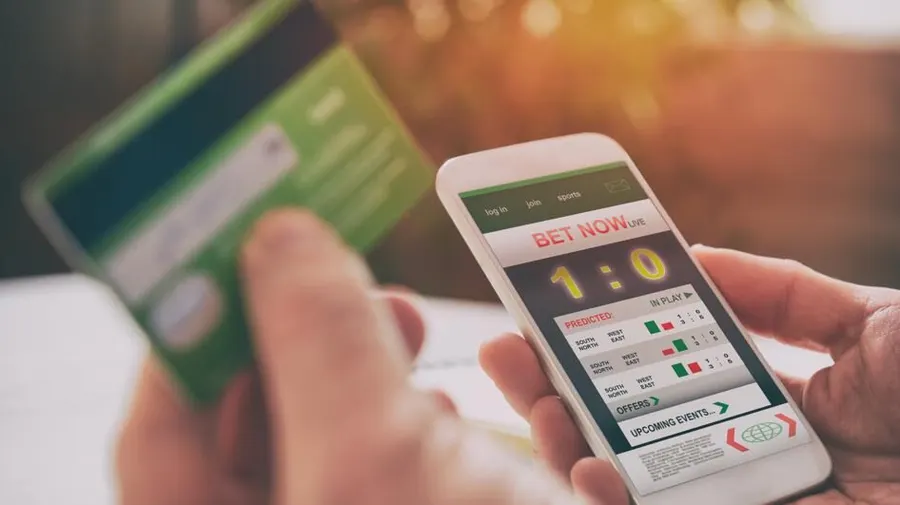
If you want to know how best to stop gambling, the first step should be acknowledging there is an issue. While this might be uncomfortable for close loved ones, it must happen if we hope for any lasting solutions.
Make time every day to introduce something new or revive hobbies you enjoyed before gambling became such an integral part of your life.
1. Identify Your Triggers
Understanding what triggers gambling for you is the first step toward breaking free from it, enabling you to devise strategies to overcome any urges that arise and stop them from occurring altogether. Triggers could include cues such as reading the form guide in the newspaper or spending time with people who gamble; others include being stressed out or bored.
Learn to defer your urges for gambling – though initially difficult, over time it becomes easier. Urges tend to arise like waves that build to a peak and then recede quickly – each time you successfully resist one urge it will lessen in intensity and frequency with time.
An effective tool for doing this is keeping a gambling diary. Looking back over it will enable you to pinpoint what triggers your gambling.
2. Postpone Gambling
Gambling may seem like an enjoyable pastime, but for some it has devastating repercussions that can strain relationships, lead to legal troubles, and make financial issues even worse.
Postponing gambling can be an effective way of curbing it. Try telling yourself you will wait five, fifteen or even an hour – often, the urge will pass or weaken as time passes and your mind has time to think about what could be missed out if gambling.
Reduce risk factors can also help. Discuss your addiction with someone trustworthy or attend a gambling support group such as Gamblers Anonymous; avoid social isolation by scheduling family and friend events such as coffee dates or gym sessions; uninstall gambling apps from smartphones and block websites on computers containing gambling ads/websites/apps etc.
3. Avoid High-Risk Situations
Avoiding high-risk situations and people is essential in aiding recovery from gambling addiction, including casinos, other forms of gambling venues, mobile phone gambling apps and sports betting websites. Furthermore, this may also include not carrying large sums of cash and finding alternative recreational activities to replace gambling as means for recovery.
Engaging openly with family and friends who may be concerned about someone’s compulsive gambling is crucial, as this can reduce denial – often an indicator of an addiction or mental health condition.
Stress management techniques are also beneficial, as they can prevent people from turning to gambling as a coping mechanism. Such techniques include meditation, reading and writing exercises, long walks with deep breathing sessions and exercises such as Yoga to reduce stress in daily routines.
4. Distract Yourself
Staying busy can help those recovering from gambling stay engaged with activities other than gambling and prevent boredom that often triggers cravings.
Establishing a hobby is one of the best ways to avoid gambling, as it helps replace unhealthy habits with healthier ones and give one a sense of accomplishment and pride in oneself.
Remind yourself that “gambling equals losing.” Write this phrase on a post-it note and place it somewhere visible, such as your desk or coffee table. Additionally, keeping this mantra in your wallet or posting it online will serve to remind yourself to make good choices while satisfying cravings that arise temporarily. This will reinforce that good decisions are being made while cravings will pass quickly.
5. Challenge Negative Thinking Habits
Gamblers with gambling addiction often fall into harmful thought patterns that prevent them from quitting, including believing it’s okay to use gambling as a form of relaxation, or feeling as though they can’t live without gambling. You should challenge these thoughts by reminding yourself they are unrealistic and unreasonable.
Reviving old hobbies you abandoned when gambling can also provide an effective distraction, providing an outlet for stress relief and increasing serotonin and dopamine levels in the brain. Such activities can also give a sense of purpose and accomplishment while helping build resilience against addiction. You could also try something completely new such as taking classes, hiking trails or trying new activities out of your comfort zone – these options might all serve to bring comfort during tough times.
